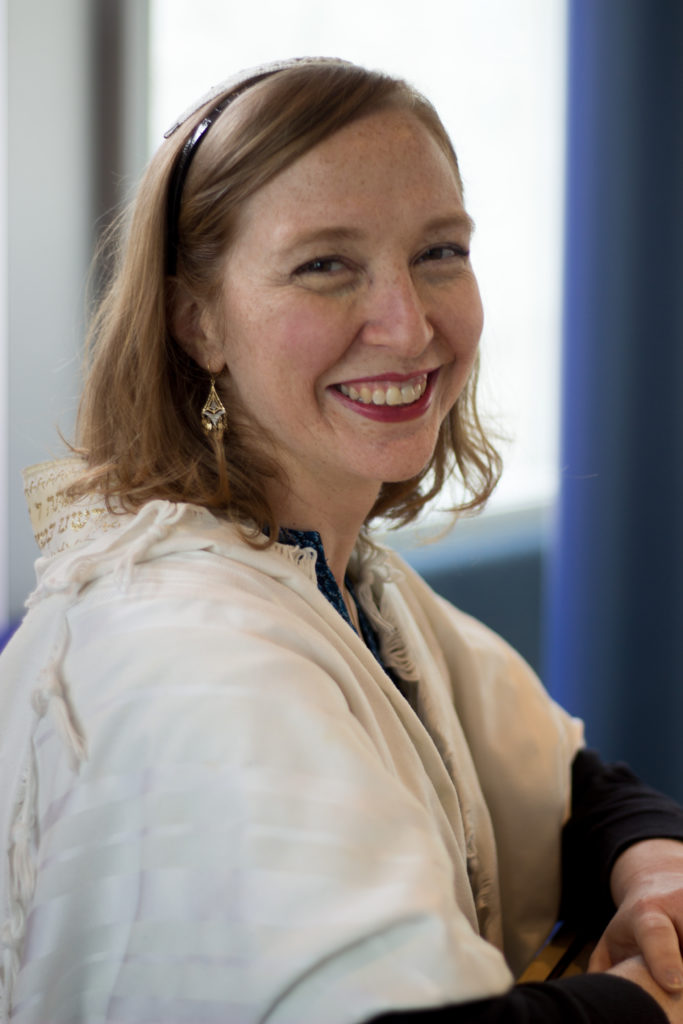Communities are built from the assets and gifts of their citizens, not from the citizens’ needs or deficiencies. Organized, professionalized systems are capable of delivering services, but only associational life is capable of delivering care. -Peter Block, Community: The Structure of Belonging
In this section of the book of Exodus, God asks Moses to get the people to help build the Mishkan – the portable sanctuary where God’s presence can dwell. God tells Moses to invite the Israelites to bring gifts if their heart moves them. The people are so moved to contribute that they keep bringing until it’s too much: Moses actually has to tell them to stop.
The artisans tell him: ” ‘The people are bringing more than is needed for the tasks entailed in the work that the LORD has commanded to be done.’ Moses thereupon had this proclamation made throughout the camp: ‘Let no man or woman make further effort toward gifts for the sanctuary!’ So the people stopped bringing: their efforts had been more than enough for all the tasks to be done” (Exodus 36: 5-7).
We have to ask: Why did God request that the people bring gifts in the first place? If you’ve ever managed a large building project, it doesn’t really work to just ask people to bring whatever they want to contribute to the construction materials.
Rabbi Pinchas Peli writes, “It also serves an educational purpose: to convert the people from passive participants in their relationship with the Lord, as constant recipients of His gifts, into active partners. The in-dwelling of God among the people cannot take place as long as the people are passive and do nothing to help bring the sacred into the world.”
This was a training process. Bringing gifts and giving as their heart moved them was training the Israelites to be active in making a place for God in the world and building sacred community. They had just experienced total miracles: the plagues and the miracles of leaving Egypt, which didn’t require much of them. For an ongoing relationship with God, though, the Israelites now have to meet God in the middle.
And every gift is accepted and vital! In describing what the people brought, the Torah lists a dizzying variety of items, from cloth to jewelry to skins, metal, and wood – it almost feels as though they were so moved they grabbed whatever they had at hand just to be able to contribute.
I think we want to be building Jewish communities like this. Where every person’s gift is vital and also unique to them. Yes, there are certain things we need, and the Torah shows how a clear list of requirements was shared. But in addition, how do we make space for our people’s gifts – yes, for their financial contributions, but also for their skills, talents, ideas, and handiwork? Have we professionalized every part of what our communities provide, or is there room for people to roll up their sleeves? It’s not just for getting the job done; it’s for training us all in how to give.
Peter Block writes that when starting a communal change process, one of the conversations you need to have is about gifts. He identifies five questions to ask: What is the gift you currently hold in exile? What is it about you that no one knows about? What are you grateful for that has gone unspoken? What is the positive feedback you receive that still surprises you? What is the gift you have that you do not fully acknowledge?
If we build communities that don’t really need our people, we deprive them – and ourselves – of the opportunity to ask these questions and to discover how we might contribute more to building sacred community, each of us uniquely.

Rabbi Julia Appel is Clal’s Senior Director of Innovation, helping Jewish professionals and lay leaders revitalize their communities by serving their people better. She is passionate about creating Jewish community that meets the challenges of the 21st century – in which Jewish identity is a choice, not an obligation. Her writing has been featured in such publications as The Forward, The Globe and Mail, and The Canadian Jewish News, among others.

